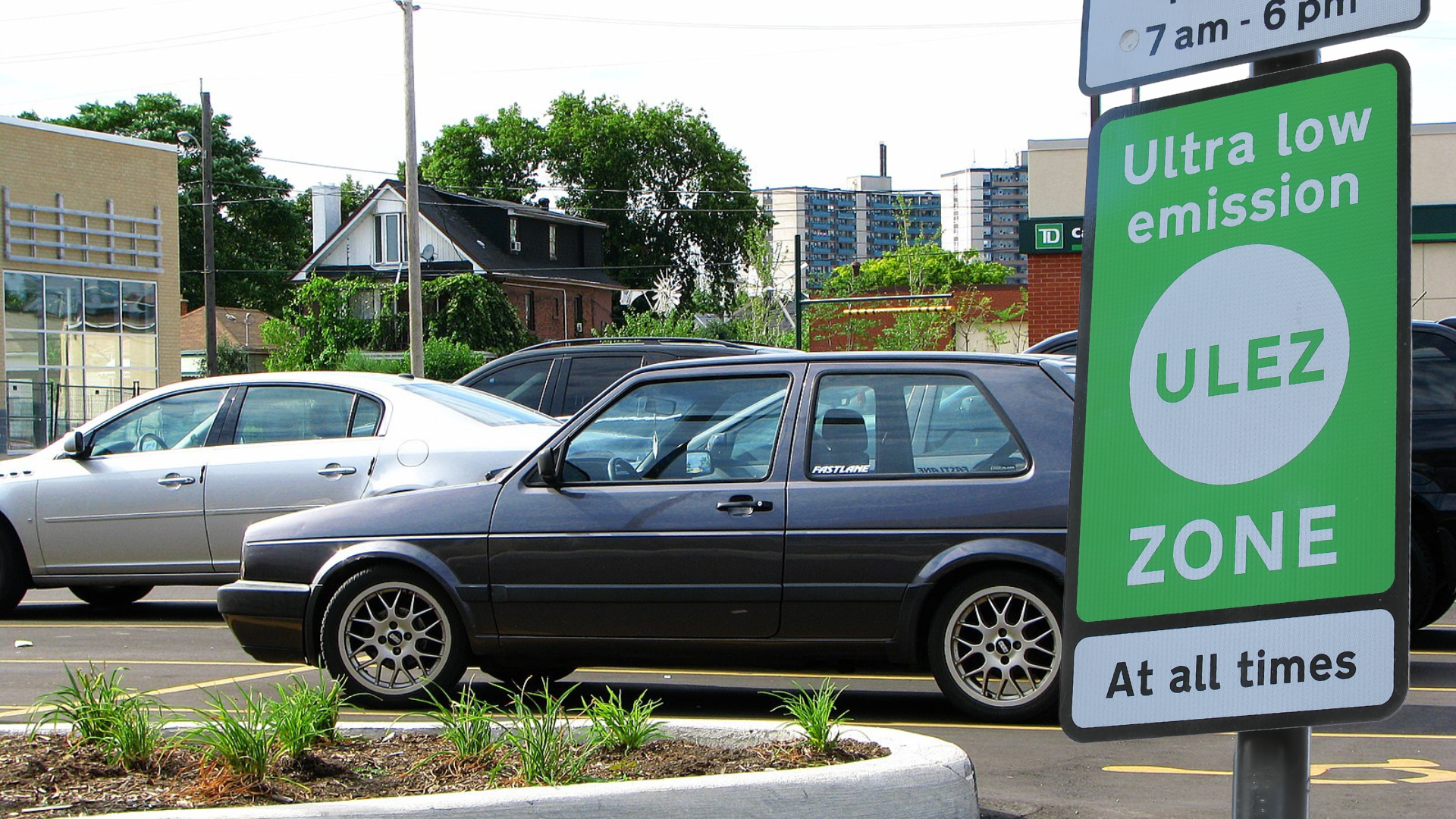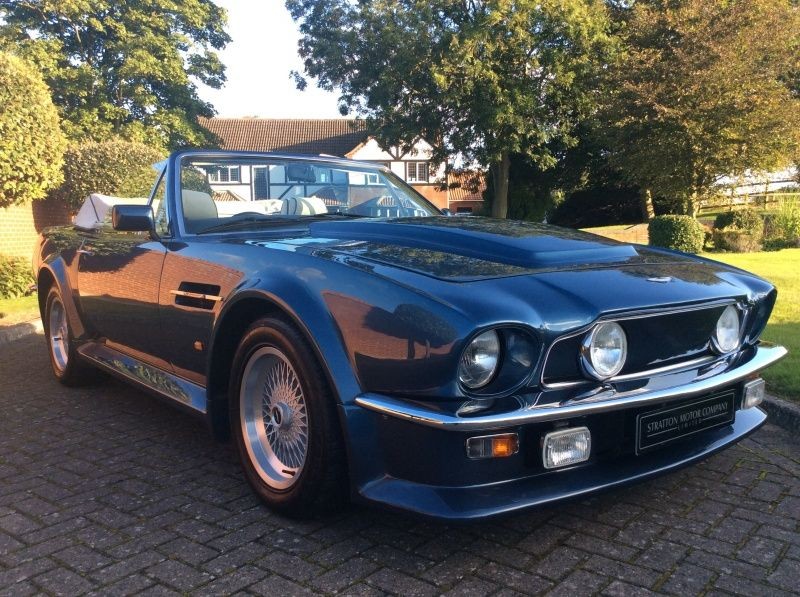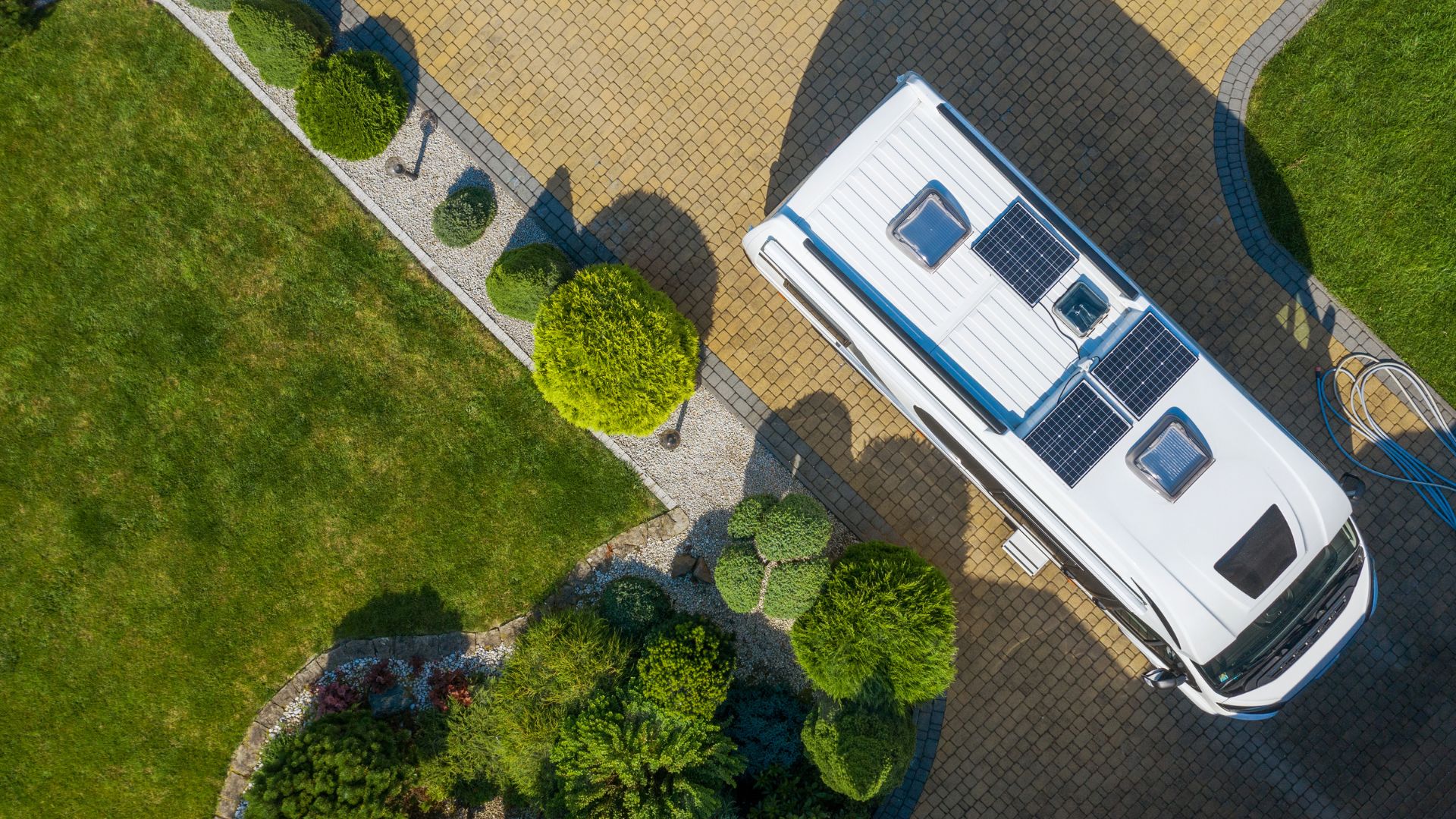What is the future of classic cars? This is a question that many people are asking as laws on emissions tighten, and a ban on the sale of combustion engines looms. It is uncertain whether classic cars with combustion engines will be able to survive in this new world, where fuel may become more difficult to find, and zero-emission zones make it impossible to drive them.
However, there is hope. Many young people are passionate about restoring and enjoying classic cars. They may be the ones who keep these beautiful machines alive for future generations, providing they are allowed to.
Will electric cars kill off classics?
At present, there is no immediate threat. Electric powertrains are in their infancy. There are still so many hurdles to overcome. How could a haulage company operate on EVs with limited ranges? How can people make long journeys with a poor infrastructure of charging points? How can we ensure the charging points work? Many are reportedly broken!
There are many problems associated with EV ownership at the moment. These will, of course, in time, be ironed out. It will only be the sale of NEW cars with a combustion engine that are banned from 2030. Cars sold before then can still be purchased with an engine. These will, of course, still be on the road.
The average life of a car is around 14 years. This means a car purchased in 2029 could still be expected to be on the road in 2044, at the least. The problems may arise later down the line when the number of combustion engines on the road dwindles.
Only time will tell. What is certain, however, is that classic cars are a part of our history and deserve to be preserved. They are a reminder of a simpler time, when life was not so dominated by technology. Let us hope that we can find a way to keep them alive, so that future generations can enjoy them as much as we do now.
What difficulties could arise with classic car ownership in the future?
At the moment, the infrastructure is built for combustion engines. You are never too far from a petrol station. As the number of electric vehicles rises and gas-powered cars fall, this will begin to change. Petrol and diesel will likely become harder to find. What will happen to the prices of classic cars when this happens?
Another potential problem is insurance. Limitations may make it difficult for insurance companies to cover gas-guzzling cars. What if, in the future, it becomes difficult or impossible to insure classic cars? This would make it very difficult for owners to keep their vehicles on the road.
Finally, there are zero-emission zones. These are areas where only electric vehicles are allowed to enter. These zones are already in place in some cities, and their numbers are growing. What will happen to classic cars when zero-emission zones become more common?
It is possible that eventually, they will be confined to private roads and driveways, unable to be enjoyed by their owners or the public. It seems unlikely that this would happen in the next couple of decades, though. These problems are likely to become one the next generation has to battle.
So, what is the future?
In time, classic car enthusiasts will need to become more creative about how they restore, insure, and fuel up their classics. While some cities may designate low-emissions zones it’s unlikely this would work in rural areas which boast some of the most fun driving roads.
Some will of course choose to convert their classic to an electric powertrain, but for others, this is simply not an option as it destroys the integrity of the vehicle. There is also a large cost involved with a conversion of this sort.
There are already strong communities within the classic car collection field. They will likely become even stronger. Helping one another source things like parts and fuel for their cherished vehicles.
And while it may become more difficult to own and drive a classic car, it will also become more rewarding. The sense of accomplishment that comes with keeping an old vehicle running will only grow. What’s more, the number of people doing it will dwindle. So, in a way, you’ll be part of an
Let’s face it; vehicles are a huge part of our history. They have helped us advance beyond belief within the last Century. They’ve given us the freedom to explore and the ability to commute; they’ve even taken us to war.
What is the future of classic cars, then? The automotive world is changing so rapidly that we cannot know for sure. What we do know, however, is that humans love to look back on the past. We hope that the communities of classic car enthusiasts continue to thrive, preserving automotive history for future generations.







Leave A Comment